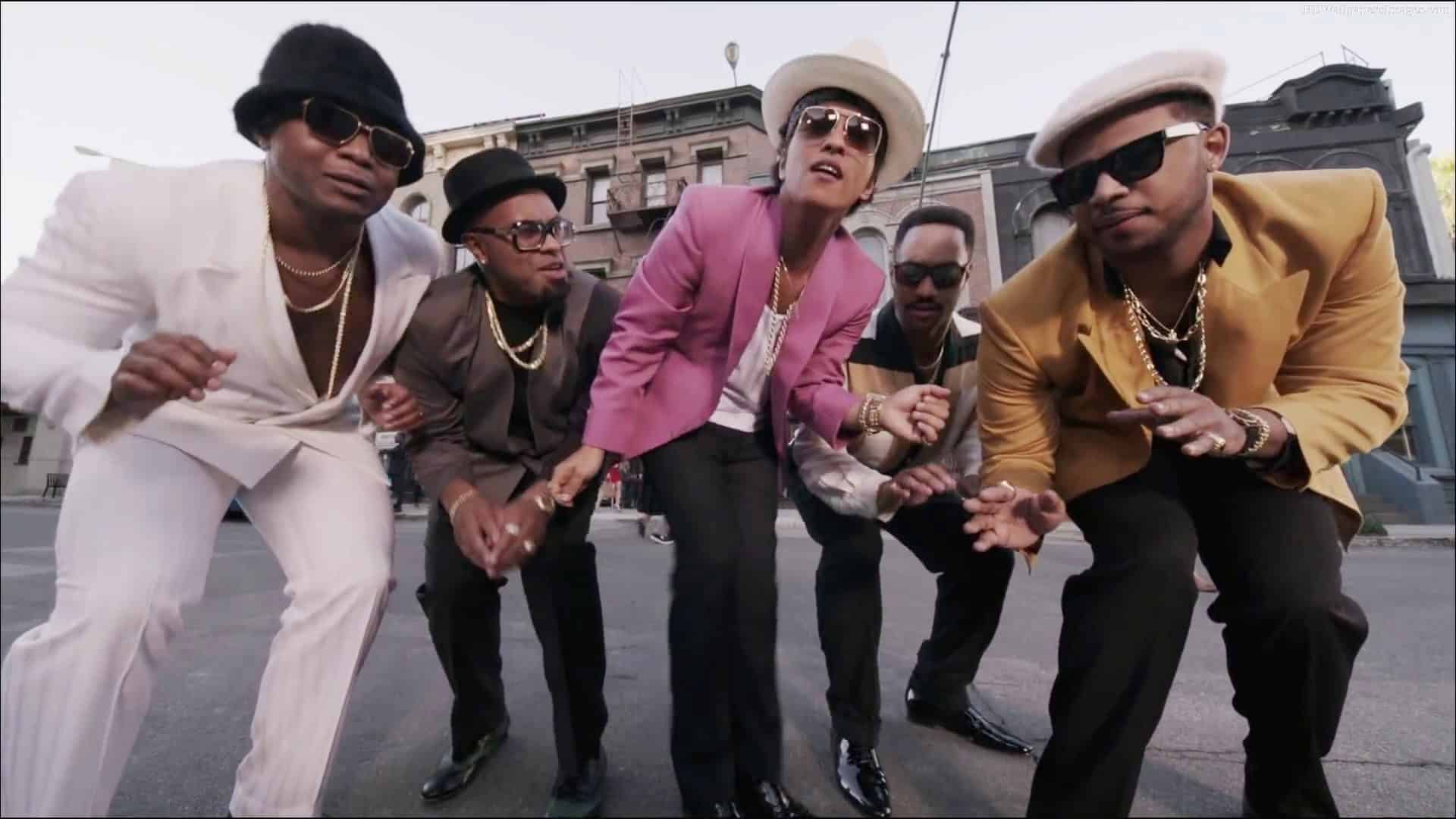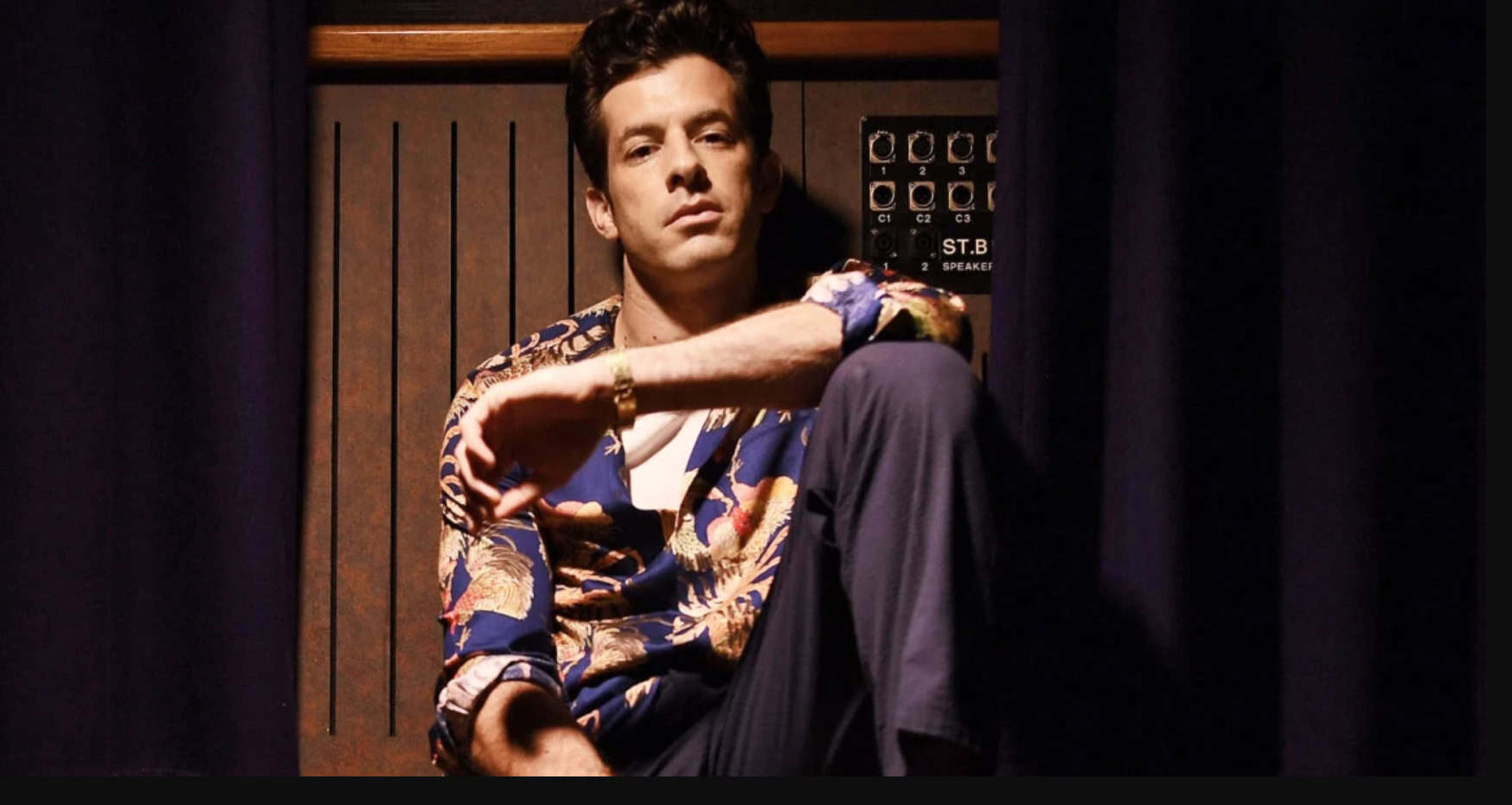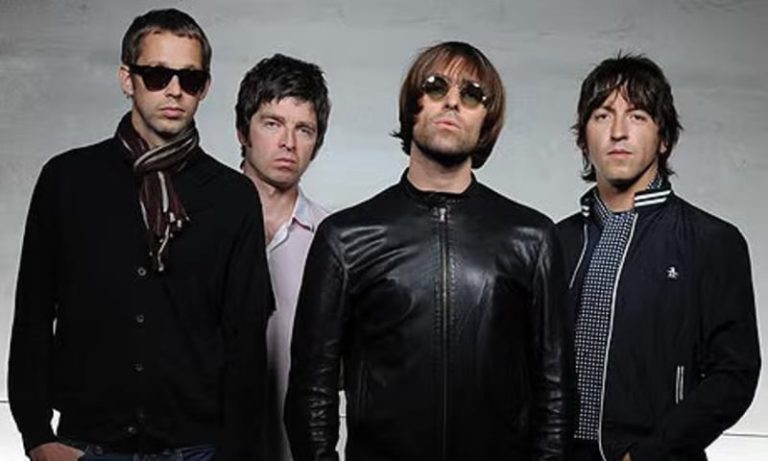Mark Ronson Opens Up About Panic and Imposter Syndrome After ‘Uptown Funk’ Grammy Success
Mark Ronson stands as one of the most influential music producers with a shelf full of Grammy Awards, an Oscar, and a discography that has impacted a generation in the industry. From the retro-soul of the late Amy Winehouse’s ‘Back to Black’ to the global phenomenon of “Uptown Funk,” Ronson has been the creative force behind many of the most successful project in the industry. Yet, behind the platinum records and critical acclaim lies a story of self-doubt, humility, and recognition of how many people with amazing talent it takes to create a hit record.
The Shadow of “Uptown Funk”

In 2015, “Uptown Funk” wasn’t just a hit song – it was a cultural event. With Bruno Mars as a collaborator, the song topped the charts in 19 countries and became one of the best-selling singles of all time. It also earned Ronson a Grammy for Record of the Year. Yet Ronson claims the overwhelming success of “Uptown Funk” came with an internal feeling of imposter syndrome.
After reaching such a commercial peak, Ronson found himself questioning what could possibly come next. He confessed to feeling like a “one-trick pony,” worried that he had used up all his creative luck.
“When you have a hit that big, you can’t help but get a little bit of a sense of, ‘Oh man, did I just use my one big hit chip?'”
This period of introspection led to his album ‘Late Night Feelings’, a collection of “sad bangers” that explored the very heartbreak and uncertainty he was experiencing. As any creative does, he channeled his feelings of imposter syndrome into his next artistic project.
Ronson Acknowledges Other Artists
Ronson is known for his consistent and genuine praise for his collaborators. While some see him as the architect of a song, he proclaims to see himself as a facilitator for an artist’s vision.
Amy Winehouse – “Back to Black”

Their work together on “Back to Black” is legendary, and Ronson is quick to credit her singular talent. He often recounts how she wrote the lyrics to “Back to Black” in under an hour, a testament to her genius. He considers himself a supportive backdrop to her incredible voice and soulful lyrics.
“I don’t know that I’ve ever felt that same feeling that I did in the studio with Amy.”
‘A Star is Born’ Collaboration
This humility extended to his work with Lady Gaga on her album Joanne and the Oscar-winning song “Shallow” from ‘A Star Is Born’. Even after winning an Academy Award, he continues to clarify that he was only one part of a team. He speaks of the “magical” chemistry in the room with Gaga, Andrew Wyatt, and Anthony Rossomando. He describes Gaga’s powerful vocal delivery and lyrical contributions as the core of the song’s success. For Ronson, the producer’s job is to serve the song and the artist.
“You’re just in service of the person you’re working with, their vision.”
Ronson’s Journey as a Producer
Starting out as a hip-hop DJ in New York City in the 1990s honing his craft, Ronson gained a unique ability to blend genres and give him the versatile edge to create music for almost any production.
His journey is marked by a constant desire to evolve. From this early street DJ work, the pop hit of “Uptown Funk” and the Academy Award winning heartfelt balladry of “Shallow,” Ronson refuses to be confined to one creative proverbial box. Understanding the artistic vision and producing an authentic piece is what sets Ronson apart from other producers and earns him global recognition.
As he continues to receive prestigious awards and accolades, Mark Ronson remains humble and grateful for his collaborates. The honesty he shares about his self-doubt, even at his level of success, is a trait that makes us relate to a musical genius. Humility, working as a team and understanding the true nature of the project is key for Ronson.







